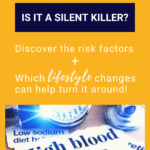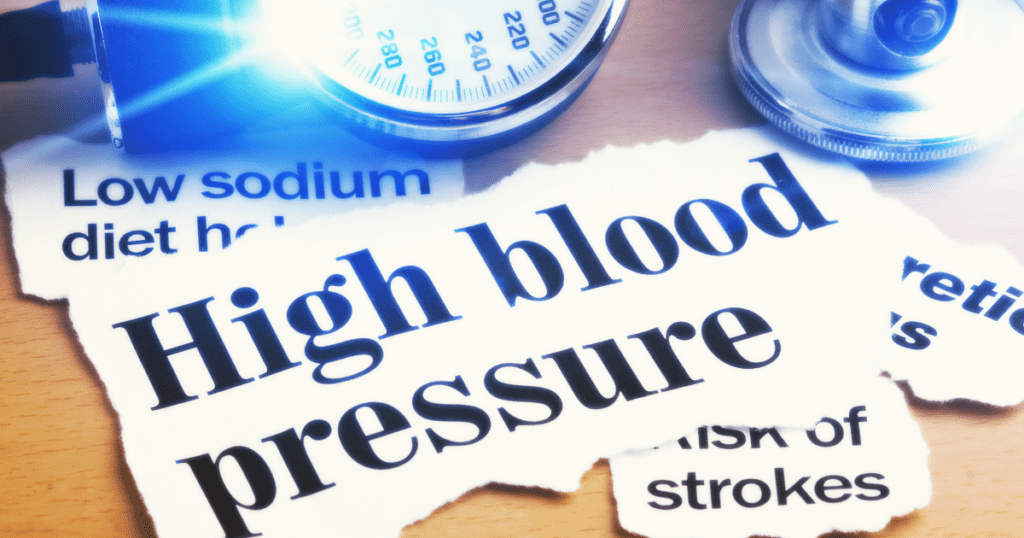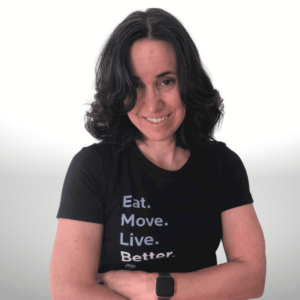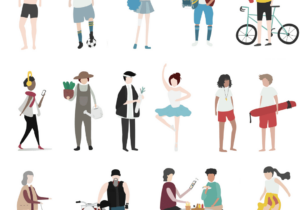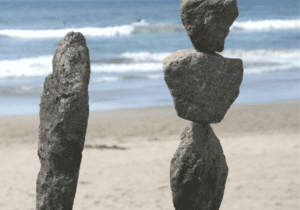High Blood Pressure Levels… IS IT A SILENT KILLER?
High blood pressure levels, also called hypertension, is often called the silent killer because it doesn’t always have any apparent symptoms. Approximately 46% of people who have high blood pressure are not even aware of it.
Why high blood pressure is bad
A combination of factors are associated with the development of hypertension, including age, family history, lifestyle, and weight. High blood pressure can silently damage your heart, lungs, blood vessels, brain, and kidneys if left untreated, making it a major cause of premature death worldwide.
Who gets high blood pressure?
Men are more likely to have high blood pressure up to the age of 45. Things seem to change as we grow older, so in women it becomes more common by the age of 65. Race seems to plays a role, as Black people are more at risk, especially at a younger age.
Symptoms to look out for
Symptoms do not always appear unless your blood pressure is very high, at which point you may experience some of the following hypertension effects:
- Severe headaches
- Nosebleed
- Fatigue or confusion
- Vision problems
- Chest pain
- Difficulty breathing
- Irregular heartbeat
- Blood in urine
- Pounding in chest, neck, or ears
Some individuals may also experience some of the following symptoms which may or may not be related directly to high blood pressure levels:
- Dizziness
- Nervousness
- Sweating
- Trouble sleeping
- Facial flushing
- Blood spots in eyes
Hypertension Stages: What do the numbers really mean?
| CATEGORY | SYSTOLIC | DIASTOLIC |
|---|---|---|
| Low blood pressure | less than or equal to 90 | less than or equal to 65 |
| Normal blood pressure | less than 120 | less than 80 |
| Elevated blood pressure | 120 - 129 | less than 80 |
| Stage 1 hypertension | 130 - 139 | 80 - 89 |
| Stage 2 hypertension | equal to or greater than 140 | equal to or greater than 90 |
Systolic blood pressure represents the force your heart exerts on the walls of your arteries every time it beats. Diastolic blood pressure is a measure of the pressure in the blood vessels between heartbeats. The best way to monitor it, other than your regular yearly check-up with your health practitioner, is to self-monitor at your local pharmacy and keep a log of your readings if requested by your physician.
The Effects of Lifestyle Changes
Lifestyle changes can be a powerful tool in managing or reversing your hypertension levels. Your doctor will determine the best treatment plan for you, depending on the stage of your hypertension, and if medication is needed.
Can EXERCISE help regulate blood pressure?
Regular activity can help lower your blood pressure and help keep it in check.
In a recent systematic review and meta-analysis (which combines data from multiple studies), they compared HIIT (high-intensity interval training) and IET (isometric exercise training).
HIIT refers to exercising to your max capacity in intervals.
IET is a form of exercise that holds the body still, while placing tension on muscles without causing movement in the surrounding joints.
The study concludes that both forms of exercise proved beneficial. IET was superior in the management of resting blood pressure, while HIIT had greater reductions in resting heart rate and other physiological benefits.
To achieve these benefits, adults should get about 150 minutes of moderate-intensity exercise spread out over the course of the week. This could include 2 days a week of strength training targeting all the major muscle groups. Consulting your doctor before starting an exercise program is always recommended.
Does STRESS influence your blood pressure?
The level of stress in your body can influence your blood pressure. Meditation techniques and yoga may help reduce your high blood pressure from stress... even a simple 2-minute deep breathing daily ritual could be beneficial to your overall health.
How NUTRITION can help regulate blood pressure
DASH Diet to lower blood pressure
Changing your diet to one that encourages healthier choices can reflect a reduction of 8-14 points (mmHg) in your systolic blood pressure. The DASH diet stands for Dietary Approaches to Stop Hypertension. It suggests the following:
- Eat more fruits, vegetables, and low-fat dairy foods
- Limit foods that are high in saturated fat, cholesterol, and trans fats
- Eat more whole-grain foods, fish, poultry, and nuts
- Limit sodium, sweets, sugary drinks, and red meats
Mediterranean diet to lower blood pressure
The Mediterranean diet, which is similar to the DASH diet, can also be beneficial. The only difference is the Mediterranean diet promotes more fish and less dairy. Both are beneficial in lowering your blood pressure and improving your overall health.
Does COFFEE affect your blood pressure?
Many of us cannot start the day off without a coffee. I look forward to my 6:30 a.m. cup of coffee in my favourite mug every morning to start my day! The good news is that you can safely drink one or two cups of coffee a day. Though it might raise your blood pressure slightly for a little while, as of now there is no link between coffee and hypertension. As with many things, research on this connection is ongoing.
One SMALL STEP to help you today
Change is hard, but it doesn’t have to be. Many of us try speeding at 100%, trying to change everything at once, which may work short-term but rarely lasts.
I am a big fan of 5-minute actions. What small tiny step can you take today to start to see a healthier future for tomorrow? It can be as simple as a daily 5-minute meditation, a short walk, or preparing some raw vegetables to have available in the fridge.
When all these tiny steps add up and become ingrained in your daily life, they create habits that help you maintain a healthier lifestyle.
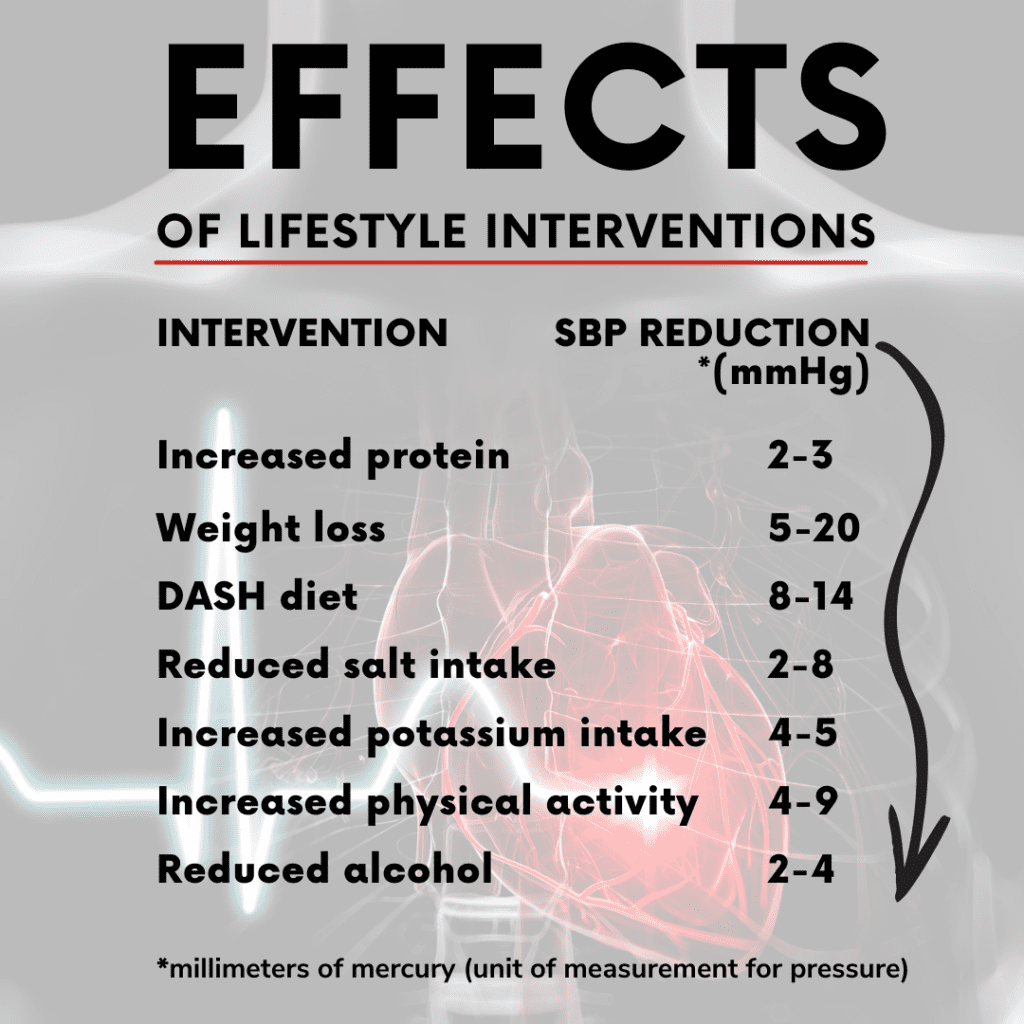
Who needs to know abut high blood pressure?
This article was written for my husband of 30 years, who has been on medication for the last few years and is not making his health a priority, in the hope that he will realize he can take the first small step to change today. Perhaps you can share this article with someone you love who needs to take that first step in making their health a priority.
Health Puzzle Master Lisa Bernier is a nutrition coach who helps you understand your nutrition puzzle pieces. With her inspiring approach to mindfulness, she helps women take the right steps to improve their health and fitness by guiding them through holistic eating, movement, and lifestyle changes.
Find other articles written by Lisa on her coach profile. She believes that each woman has a puzzle to solve to achieve their goals. Let Lisa help you find the missing pieces to bring your life into balance, find your fit, and become the best version of yourself.

